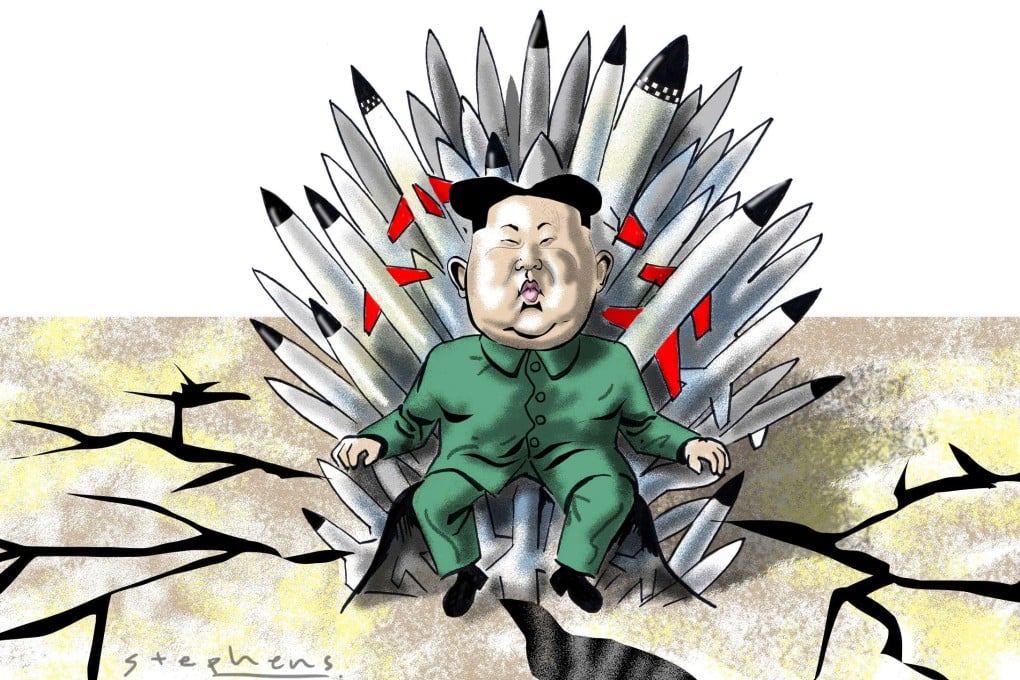Collapse of the North Korean regime appears inevitable, and the world needs to prepare for it
Deng Yuwen and Huang Ting say the flimsy economic plan unveiled at the Workers’ Party congress will do little to alleviate the country’s crippling problems, which include severe food shortages and growing discontent


North Korea’s ‘rare’ party congress only shows a country at a standstill
The national byungjin strategy, which calls for securing a nuclear arsenal while seeking to develop the economy, was re-emphasised.
A five-year plan was put forward to show the government’s commitment to economic problems, especially the supply of electricity, as Kim admitted that a lack of power has affected economic development and improvement of people’s living standards.
The general idea from the congress was thus that Pyongyang would devote greater efforts to economic reform, pay more attention to developing its economy and improve people’s lives.
However, in reality, the plan merely opens the door to reform just a crack instead of pushing hard. Without such opening up, reforms will not make significant progress. So there is still much uncertainty over North Korea’s future.

Improved access to education, health care and food in North Korea but right to freedom of movement and the right to life worsen, says new report
With the significant drop in grain output and reduction of food aid as a result of increased international sanctions, North Korea is this year facing the most serious food problem in recent years. According to the UN World Food Programme, there is already a shortfall of 1.1 million tonnes of food, and a quarter of children are severely malnourished.